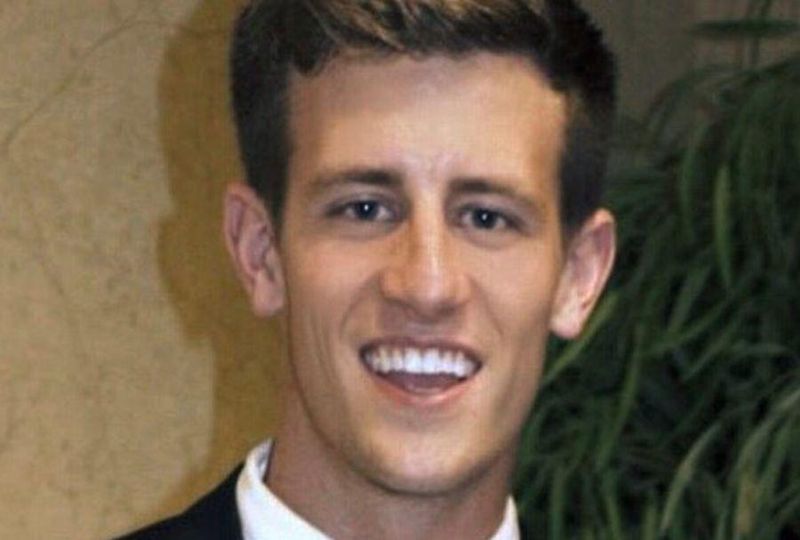Three steps to begin to close the trust gap

People are much less likely to trust the medical system if they are from an ethnic minority, have disabilities, or identify as LGBTQ+, according to a first-of-its-kind study by Sanofi.
When it comes to trust in our global healthcare system, the unfortunate truth is that there are two very different worlds. The first is populated by people who are more likely to trust our medical institutions to treat them fairly. They are predominantly male, non-disabled, white and identify as straight. Most do not expect to face judgement or stigma for who they are.
The rest of the world does not have that luxury. Women, ethnic minorities, people with disabilities, and individuals who identify as LGBTQ+ are far more likely to distrust their healthcare providers – and the healthcare system as a whole.
Their views may be shaped in part by an understanding of historical biases and abuses of power. But alarming numbers of people from these marginalized communities also report personal experiences that eroded their trust: Experiences where providers did not listen to them, made them feel unwelcome, judged, and even unsafe. And distressingly, the patients believe they received this poor treatment because of who they are: their age, income, ethnicity, gender, disability, or sexual orientation.
This stark disparity surfaced in new polling commissioned by Sanofi. The global survey of 11,500 people from across the U.S., France, the U.K., Japan, and Brazil provides a first-of-its-kind look at how people from a wide variety of backgrounds experience the healthcare system.
The results are worrying. In the U.S., 77% of people with disabilities, 69% of people from ethnic minority groups, and 70% of people from the LGBTQ+ community say they have had experiences that damaged their trust in the healthcare system.
The survey also showed the compounding effect of marginalization: People who fell into more than one of these groups were significantly more likely to have had a bad experience while seeking care. For example, in the U.S., 80% of people who have disabilities and identify as LGBTQ+ reported losing trust in the healthcare system due to their personal experience, compared with 56% of people without those backgrounds.
This is unacceptable. These disparities can cost lives: People who don’t trust the system may be less likely to come in for preventive care or seek treatment for chronic illness. The pervasive mistrust also makes it exceptionally difficult for public health officials to reach vulnerable communities with vital information, as the COVID-19 pandemic made clear.
It doesn't have to be this way. Here are three steps to begin to close the trust gap:
Diversify our healthcare workforce
Patients of all backgrounds need providers of all backgrounds. Studies have shown, for instance, that Black patients have better health outcomes when treated by Black physicians. Yet just 5% of U.S. doctors are Black. Every stop along the pipeline – high schools, colleges, medical schools, residency programs – must make it their mission to support a diverse healthcare workforce. And it’s not just about frontline providers: hospitals, research centers, and companies involved in healthcare must commit to, and invest in, diversifying their ranks.
In one promising initiative, the American Medical Association is working closely with medical schools across the country on strategies for recruiting, admitting, and retaining diverse classes.
Invest in prevention
Much of our medical system is geared toward treating illness. That’s why it’s crucially important that clinical trials incorporate patients from diverse backgrounds so we can understand how medicines work for different populations. But focusing on treatment alone is insufficient. Healthcare companies and hospital systems must also invest heavily in preventing disease by addressing the upstream drivers of health – all the factors in our homes, workplaces, and neighborhoods that can affect our well-being.
Kaiser Permanente, for instance, has partnered with a preschool in Hayward, Calif. to offer integrated wellness and medical care to low-income families in California and provides free resources to other schools to address the physical and mental health needs of staff and students. Working with communities in this way can build substantial trust.
Listen, listen, listen
The top reason patients cited for losing trust was that they did not feel their provider listened to them. Certainly, providers need more training in how to communicate with clarity and empathy. Yet that’s not enough. They also need to listen. That means recognizing and overcoming unconscious bias, seeing every patient before them as an individual with dignity and worth, and taking the time to understand why each patient has come in seeking care.
Healthcare companies and hospital systems can advance this work by creating a platform for marginalized groups to share their experiences – and making sure those in positions of power listen.
These steps are not easy, quick, or inexpensive. Changing the system will take research and action from a great many institutions, decision-makers, and individuals. But the potential payoff is huge. Restoring trust will help close the huge disparities in health outcomes and move us steadily toward a more equitable – and healthier – world for all.
This article originally appeared on Fortune.com.
Découvrir plus

Lettre à mon jeune alter ego : Lorsque la lumière chasse l’obscurité

Comment nous aidons à renforcer la confiance des communautés sous-représentées, stéréotypées ou discriminées en matière de soins de santé
